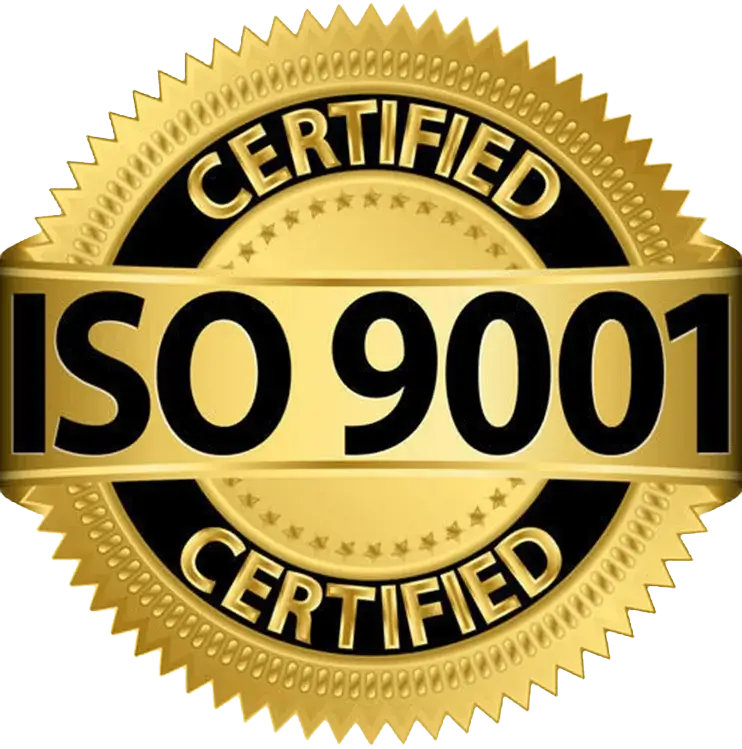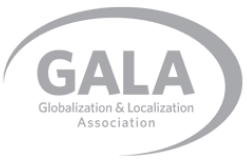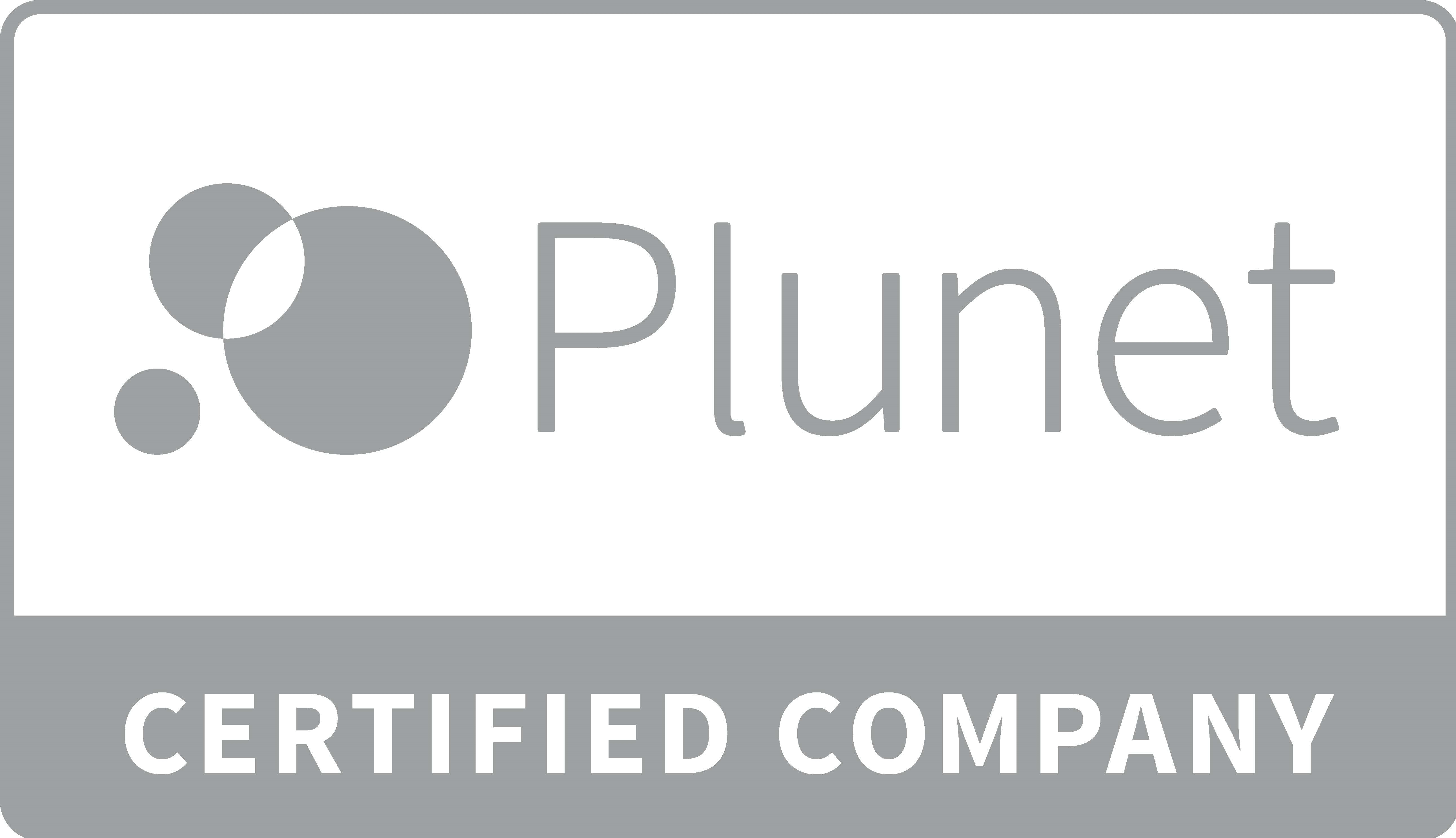Technical document translation is a highly requested service
That involves translating “how-to” guides for operating, maintaining, or creating products. These documents are targeted at specific audiences and often need to be provided in multiple languages. To ensure effective translation, it’s advisable to hire a language service provider (LSP) with expertise in your industry and subject matter.
There are various types of technical documents, and we will discuss nine popular categories:
User Guides: These contain instructions for using and troubleshooting products or services. User guides accompany software, hardware, electronics, appliances, instruments, and equipment. Translating user guides accurately is crucial for precise messaging and reducing user challenges.
Maintenance Manuals: These documents provide information on maintaining machinery or systems. Maintaining consistency in terminology during translation is essential. Creating a glossary with industry-specific terms beforehand ensures consistency throughout the manual.
Instruction Manuals: Instruction manuals assist users in using a product or service. These can be distributed in print or digital formats and typically include installation procedures, usage instructions, and technical support information. It’s important to work with translators who are native speakers with subject matter expertise.
Handbooks: Handbooks are valuable for businesses, particularly in fostering a unified corporate culture across diverse employees. Translating handbooks into languages spoken by employees increases productivity and localization. Allocating sufficient time for translation and working with a project manager ensures a smooth process.
eLearning Courses and Training: eLearning courses are delivered online and consist of training modules comprising videos, presentation slides, and technical documents. It’s crucial to collaborate with a vendor that can handle written, audio, and video content, including voiceover and subtitling services.
API Documentation: API documentation provides instructions and examples for effectively using and integrating with an API. Translating API documentation allows users from different language backgrounds to interact with your systems more easily. Working with subject matter experts in your industry and software systems ensures high-quality translations.
Webpages and Websites: Translating webpages and websites is vital for international marketing and sales. It builds consumer confidence and addresses the need for information in the consumer’s language before making a purchase. Hiring a translation company experienced in website translation and communicating your target audience ensures accurate localization.
Press Releases: Translating press releases helps promote new products or developments internationally, reaching new audiences. Experienced translation companies with linguists familiar with your industry can effectively convey your original message while grabbing readers’ attention.
Patents: Translating patent applications allows international audiences to access relevant invention information. It requires technical skill to translate complex industry jargon and legal patent language. Working with a translation company experienced in patent translation and industry-specific linguists ensures clear understanding and timeliness in foreign markets.
By understanding the different types of technical documents and working with professional translation services, you can effectively communicate with your target audience across various languages and markets. Expand your global horizons with Netwire Global Linguistic Solutions! Discover how our specialized translation and localization services can boost the success of your international business. Contact us now and take your communication beyond language barriers!
Technical document translation is indeed a highly sought-after service, especially in today’s globalized world where businesses operate across borders and cater to diverse markets. Companies that produce technical products, software, machinery, or provide specialized services often need to provide comprehensive instructions and information in multiple languages to cater to their international customer base effectively.
User Guides and Manuals:
User guides and manuals are crucial for helping customers understand how to use a product or service efficiently. Translating these documents accurately is essential to ensure that users can follow instructions without any confusion, reducing the likelihood of errors or accidents caused by misunderstanding.
Maintenance manuals play a critical role in supporting the proper upkeep and functionality of machinery or systems. Consistency in terminology is vital, and creating a glossary specific to the industry and subject matter helps maintain accuracy throughout the translation process.
eLearning Courses and Training:
eLearning has become increasingly popular for employee training and skill development. Translating eLearning courses ensures that employees across different regions can access essential training materials in their native languages, leading to increased engagement and improved performance.
API Documentation and Web Content:
For businesses that offer software solutions or web services, translating API documentation is crucial for enabling developers and users from different language backgrounds to understand and integrate with the application effectively.
Translating webpages and websites is a key component of international marketing and customer engagement. Localizing content to resonate with the target audience in their native language builds trust and credibility, increasing the chances of successful customer conversions.
Press Releases and Patents:
Translating press releases allows businesses to share exciting news and product launches with a global audience, expanding their reach and customer base.
Translating patents is a highly specialized field that requires not only linguistic expertise but also a deep understanding of technical jargon and legal language. Accurate patent translation is vital to protect intellectual property rights and facilitate international collaboration.
Choosing the Right Language Service Provider:
To ensure effective technical document translation, partnering with a reputable language service provider (LSP) with experience in the specific industry and subject matter is essential. The LSP should have a network of professional translators who are native speakers of the target languages and possess expertise in the relevant field.
Netwire Global Linguistic Solutions:
Netwire Global is the ideal partner for technical document translation and localization needs. With a focus on customer satisfaction, accuracy, and quick turnaround times, Netwire Global ensures that businesses can effectively communicate their products and services to a global audience. Our team of expert translators, industry-specific linguists, and cutting-edge technology make us a trusted and reliable choice for businesses seeking top-quality translation services.
In conclusion, technical document translation is a critical aspect of global business communication. By investing in professional translation services, businesses can bridge language barriers and ensure that their products, services, and information reach diverse audiences across the world. Netwire Global’s specialized translation and localization solutions empower businesses to thrive in the international market and achieve global success. Contact us today to take your business beyond language barriers and expand your global horizons!
Language Service Provider (LSP) is crucial for achieving accurate and effective technical document translation. Here are some key factors to consider when choosing an LSP for your translation needs:
Industry Expertise: Look for an LSP that has a proven track record of working in your industry. Technical documents often contain specialized terminology and complex subject matter. An LSP with experience in your field will have a better understanding of the content, ensuring accurate translations that convey the intended message.
Native Speakers: Ensure that the LSP employs professional translators who are native speakers of the target languages. Native speakers have an innate understanding of the language, including its cultural nuances, idioms, and colloquialisms. This ensures that the translated content reads fluently and resonates with the target audience.
Subject Matter Experts: Technical documents can cover a wide range of industries, from engineering and IT to medical and legal. It’s essential to work with translators who have expertise in the specific subject matter of your documents. Subject matter experts can accurately translate technical jargon and ensure the precision of the content.
Quality Assurance: Inquire about the LSP’s quality assurance process. A reliable LSP will have a rigorous quality control system in place, involving multiple levels of review by editors and proofreaders. This process helps eliminate errors and ensures that the final translations are of the highest quality.
Technology and Tools: Ask about the technology and translation tools the LSP uses. Advanced translation tools can enhance efficiency, consistency, and cost-effectiveness. Additionally, a secure file-sharing system and encryption protocols should be in place to protect the confidentiality of your sensitive documents.
Turnaround Time: Technical document translation may have time-sensitive requirements. Discuss your project’s deadlines with the LSP and ensure that they can deliver translations within your desired timeframe without compromising quality.
Scalability and Capacity: Consider the LSP’s ability to handle large or ongoing projects. If your translation needs grow over time, it’s essential to partner with an LSP that can scale their services accordingly and maintain consistency across multiple projects.
Customer Reviews and Testimonials: Look for reviews and testimonials from previous clients to gauge the LSP’s reputation and customer satisfaction. Positive feedback from satisfied clients is a good indicator of the LSP’s reliability and quality of service.
Transparent Pricing: Request a detailed and transparent pricing structure for your project. The LSP should provide a clear breakdown of the costs involved, including any additional fees for expedited services or revisions.
By carefully evaluating these factors and choosing an LSP that aligns with your specific technical document translation needs, you can ensure that your content is accurately and effectively translated for your target audience. Netwire Global, as a customer-centric translation company with a network of professional native translators and subject matter experts, ticks all the boxes for a reliable language service provider. Our commitment to quality, confidentiality, and customer satisfaction makes us a trusted partner for all your translation requirements.








